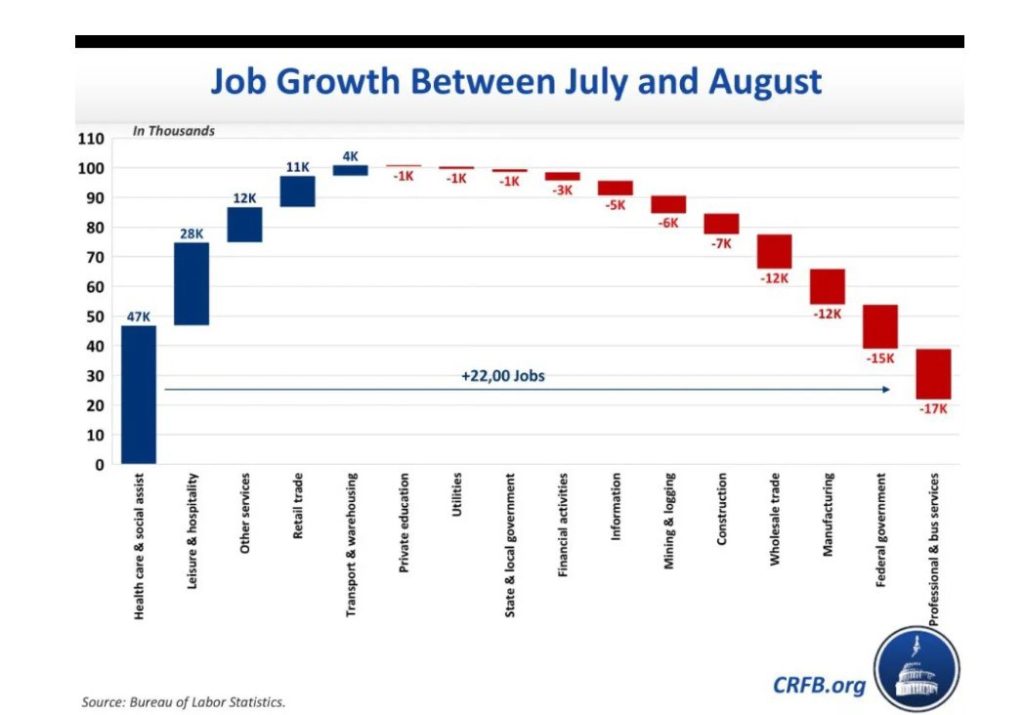The labour market in developed countries is changing rapidly, and the key trends of recent years are particularly evident in the United States. Until recently, economic growth was associated with industry, transport and other ‘traditionally male’ professions, but today the picture is completely different.

According to recent data, almost half of all new jobs in the United States are in two sectors: healthcare and so-called ‘social assistance.’ By this term, economists mean personal and home care workers who look after the elderly and the sick. These professions have already become the most in-demand, and their growth is directly linked to demographic processes. The population of developed countries is rapidly ageing, and it is the needs of the elderly that form the basis of demand for new jobs.
It is noteworthy that women occupy 80 to 90% of these vacancies. Thus, the labour market is becoming increasingly ‘feminised,’ while industries traditionally dominated by men, such as raw materials processing, heavy industry, transport, fishing, mining and logging, are gradually losing ground. A similar situation can be observed in other growing sectors, such as trade and ‘other services.’ These are areas where employment is also predominantly female. Thus, we can speak of a profound social transformation: the number of ‘male jobs’ is decreasing, and employment in traditionally ‘female’ professions is becoming the basis of the economy. This creates a new social dynamic. Men, especially those in generations accustomed to associating work with physical labour, are finding it increasingly difficult to find their place in the changing structure of the economy.
In fact, the economies of the United States and other developed countries are increasingly relying on the needs of the elderly population. Medicines, care and services for pensioners are becoming a growth area, replacing industrial production and construction. In the long term, this will lead to a whole series of consequences: an increase in the proportion of low-paid labour, a decrease in the proportion of men in the labour market, the feminisation of the economy and vulnerability to economic crises.